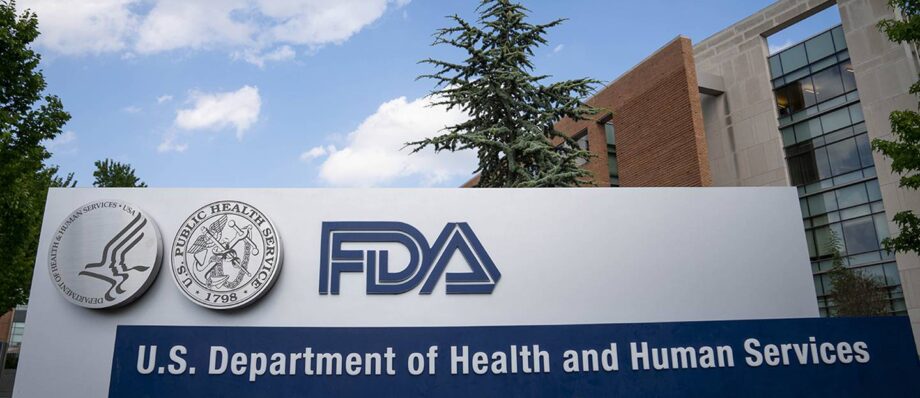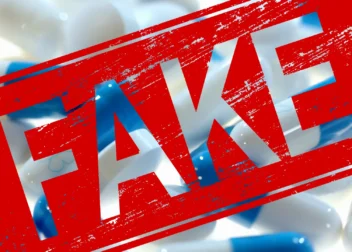FTC challenges more than 100 pharma patents
Source: Reuters
The US Federal Trade Commission (FTC) has challenged more than 100 patents held by drugmakers and medical device companies that it claims are “improperly listed” in the US Food and Drug Administration’s (FDA) ‘Orange Book’, noting that these could “delay lower-cost generic drug competition, stall drug development and stifle innovation”.
The patents in the FDA’s listing of approved products that the agency is contesting the “accuracy or relevance” of are for brand-name asthma inhalers, epinephrine auto-injectors and other drug products.
The FTC has so far sent letters to ten companies including, AbbVie, AstraZeneca, Boehringer Ingelheim, Impax Laboratories, Kaleo, Mylan Specialty, and subsidiaries of GSK and Teva.
FTC chair Lina Khan, said: “Wrongfully listed patents can significantly drive up the prices Americans must pay for medicines and drug products while undermining fair and honest competition.
“The FTC’s action… identifies over 100 patents that we believe are improperly listed, affecting products ranging from inhalers to EpiPens. We will continue to use all our tools to protect Americans from illegal business tactics that are hiking the cost of drugs and drug products.”
When the listing of a drug substance or drug product patent is disputed consistent with the applicable FDA regulations, the FDA will send a statement of dispute to the patent holder, who will have 30 days to withdraw or amend these listings or certify under penalty of perjury that they are valid.
FDA commissioner Robert Califf, said “The FDA reminds all new drug application holders they are obligated to ensure that patent listings comply with statutory and regulatory requirements and to substantively respond to statements of dispute provided under the FDA’s patent listing dispute process.”
The challenge comes less than two months after the FTC said it would consider taking legal action against companies that improperly list patents in the Orange Book that do not meet the statutory listing criteria.
According to the FTC’s policy statement issued in September, costs associated with challenging improperly listed patents can disincentivize investments in developing generic drugs, which could delay or prevent competitive generic alternatives.
“Given the enormous profit margins of many branded drugs, even small delays in generic competition can generate substantial additional profits for brand companies at the expense of patients,” the agency noted.



